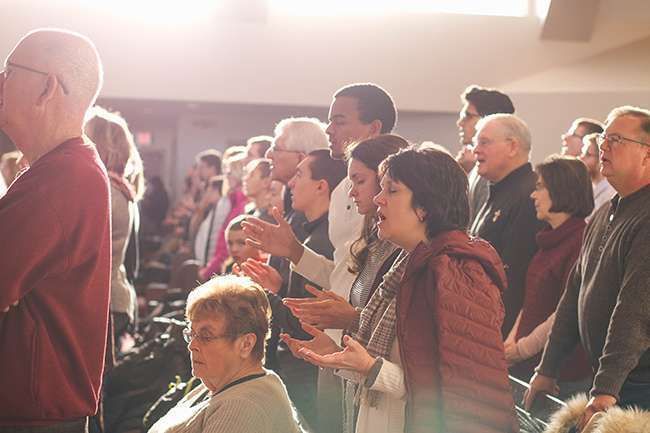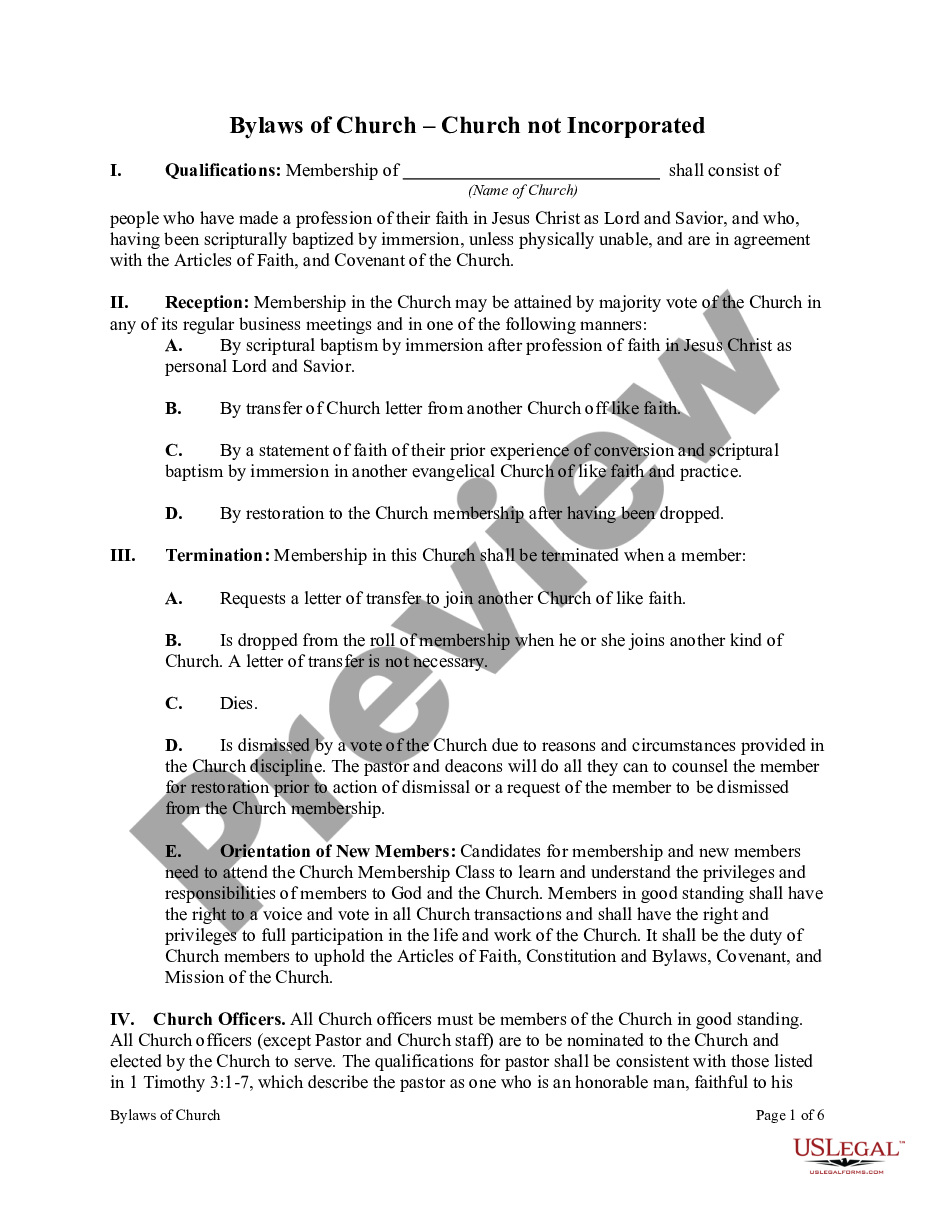Church is one of the most important institutions in our society. It’s where we come together to celebrate life, pray for guidance, and give back to our community. And though church may seem like a place where people would naturally congregate, that’s not always the case. In fact, churches can face stiff competition when it comes to attracting new members. To help churches stand out and win over potential members, consider implementing these five strategies.
Address the Church’s Purpose
Church is not just a building. It’s not about the music or the sermons. Church is about God and His people. When you’re worshipping God, you’re doing what’s right for both Him and your own soul. That’s why it’s so important to address the church’s purpose in today’s world.
Most churches are designed to help people connect with God and each other. But there’s also a lot of power in church when it comes to spreading messages of salvation and hope to a hurting world. Churches can play an important role in fighting against poverty, inequality, and global warming. They can also help bring peace and understanding to conflict zones around the world.
So whatever your reason for wanting to attend church, make sure you’re talking about it openly with your pastor and fellow believers. And be sure to stay focused on what really matters: worshipping God from one moment to the next!
Establish Characteristics of a Good Church
There are a few things to keep in mind when trying to establish characteristics of a good church. First, it should be an environment that is welcoming and comfortable for everyone. Second, it should provide opportunities for people to grow and learn. Third, it should offer spiritual guidance and help people connect with their faith. Finally, churches should be committed to serving the community in which they exist.
Understand How People respond to Different Types of Ministry
Church ministry can be a very fulfilling experience for individuals and families, but it can also be a challenging and frustrating one. Ministry involves interacting with people, and different people respond to ministry in different ways. Some people are attracted to church ministry because of the opportunities it provides for personal growth and service. Others are drawn to church ministry because it offers a sense of community. Still others find genuine spiritual connection in church gatherings. Understanding how people respond to different types of ministry is essential if you want to be successful in attracting them to your congregation.
Some people are drawn to church ministry because of the opportunities it provides for personal growth and service.
If you’re interested in ministering to individuals, many churches offer opportunities for ministries such as teaching, childcare, outreach services, or music leading. Many churches also have volunteer committees that can help you find an appropriate position or initiate a new ministry area that interests you.
Others are drawn to church ministry because it offers a sense of community.
People who appreciate community engagement often feel at home in a church setting. Church services typically involve singing together, reading from scripture, and sharing about Christ’s message. This type of communal worship encourages fellowship among members of the congregation and reinforces shared values and beliefs.
Still others find genuine spiritual connection in church gatherings.
Many people join churches not just for their religious practices but also for the social aspects of being around like-minded individuals. Shared experiences can build strong relationships
Take Advantage of Technology to Reach More People
Church attendance has been on a steady decline for many years, and it seems like there are more and more people who are choosing to skip church every week. But there is still hope! You can take advantage of new technology to reach more people, and remind them why they should come to church.
One way to reach out to people is through social media. You can create Facebook pages or Twitter accounts specifically for your church, and use these platforms to share the gospel with as many people as possible. You can also post content that discusses the importance of church attendance, and how it can help improve your life.
Another way to reach out to people is through email marketing. Start by creating an email list of potential churchgoers, and send regular newsletters or alerts about new events or sermon details. This will ensure that you have a constant supply of potential customers, and that they know about the benefits of attending church.
Finally, don’t forget traditional advertising methods like billboards and bus stops. There are countless churches around the country that could use a little extra exposure, so using targeted ads is the best way to go. Keep in mind the age group you’re targeting, and make sure your ads are eye-catching enough that people will want to see them!
Conclusion
Church attendance is on the decline in America, and it’s not just due to secularization or the rise of technology. According to a 2017 study by The Barna Group, only about one-third of Americans (or around 100 million people) attend church weekly or more. While this may be concerning news for some, it doesn’t mean that church attendance isn’t worth pursuing. In fact, there are plenty of reasons why you should consider making time every week to worship with your friends and family. Here are five reasons why you should make church attendance a priority in your life: 1) Religion is Good For Your Mental Health Religion can provide mental health benefits such as reducing anxiety and stress levels and improving depression rates. A recent survey found that religious people are less likely to suffer from mental illness than those who don’t adhere to any faith at all, which suggests that religion can play an important role in overall mental well-being. 2) Church Can Help You Connect With Other People If you’re shy or rarely interact with others outside of work or social circles, attending church can be a great way to get out into the community and make new friends. Churches often have volunteer opportunities available where members can help out in various capacities






